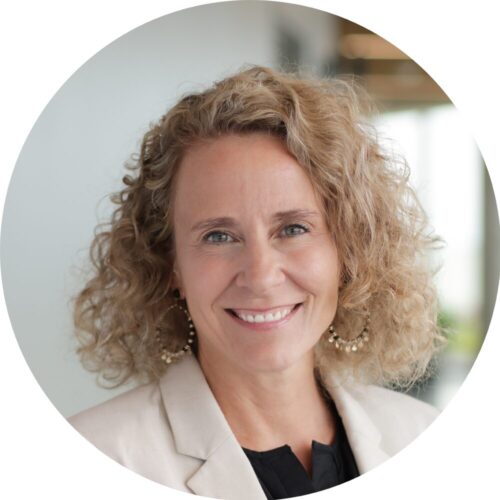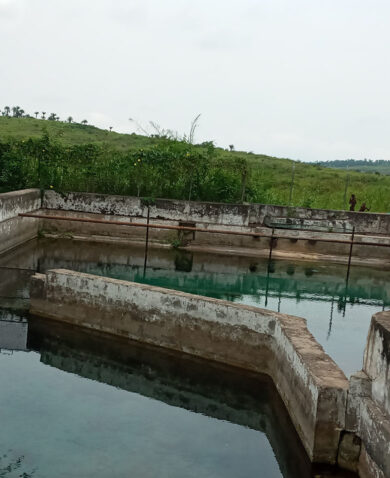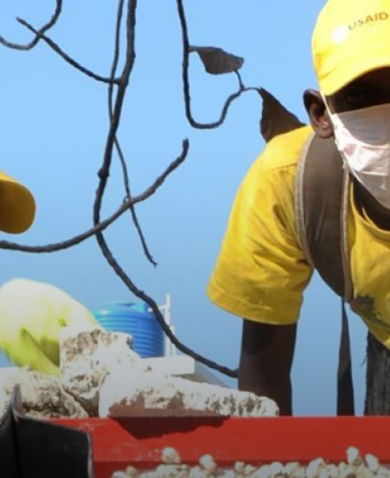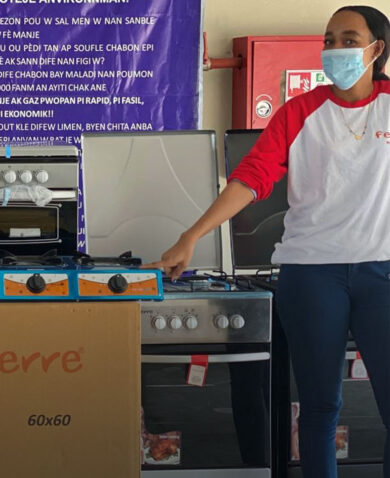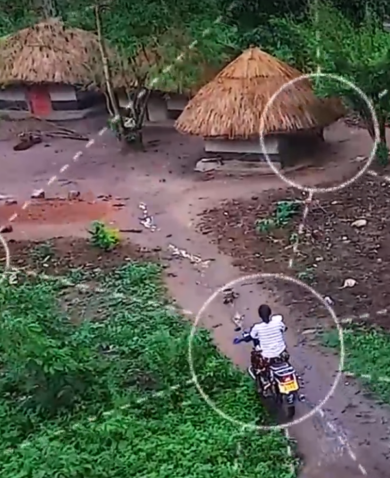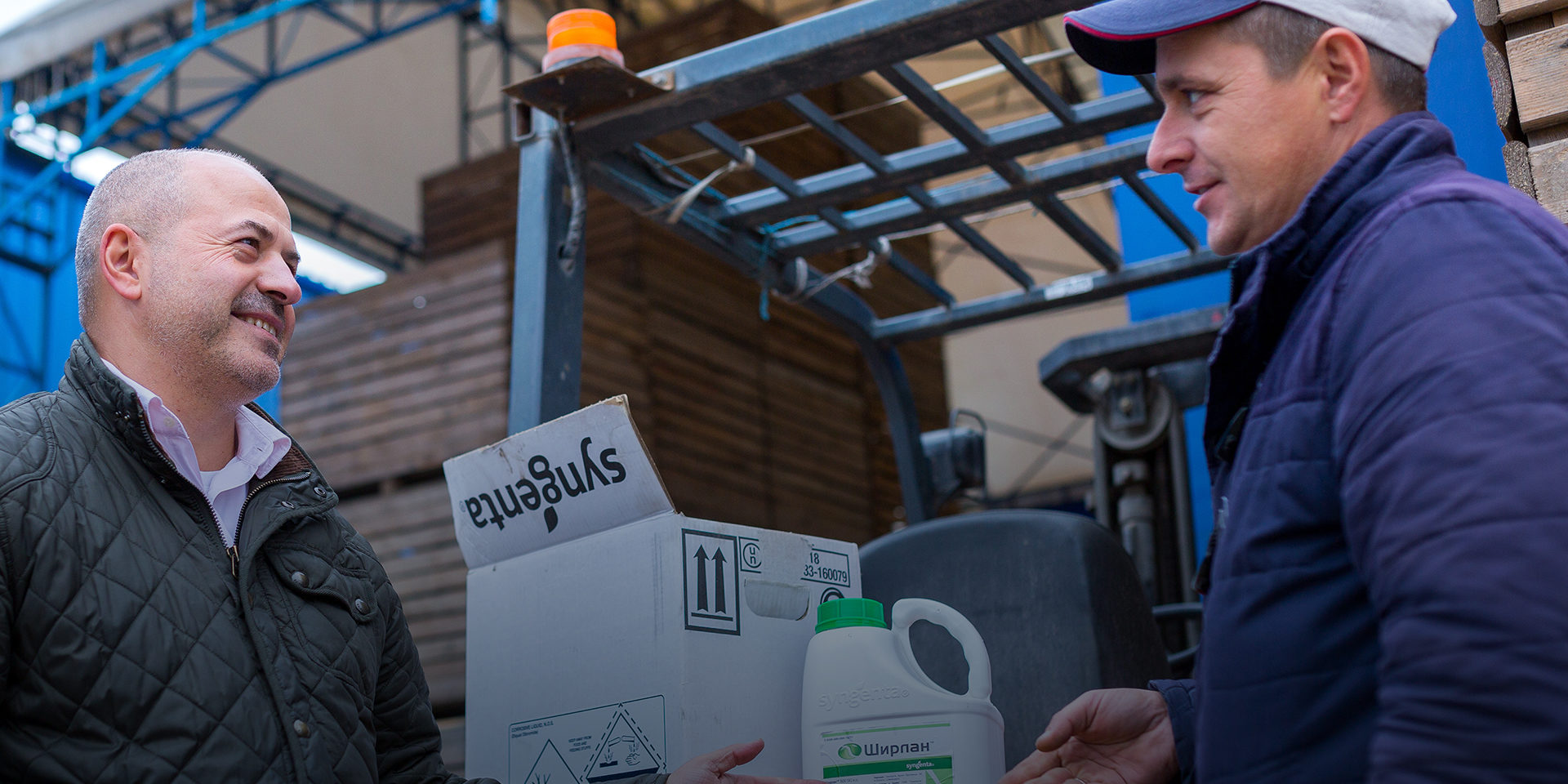
Three Models that Ensure Private Sector Engagement
February 10, 2020 | < 1 Minute ReadIf private sector engagement (PSE) is a journey — with some companies farther along than others — then what is the role of international development implementers to better enable and facilitate that engagement?
This post originally appeared on Devex.
Donor agencies, such as the United States Agency for International Development and the United Kingdom’s Department for International Development, have made private sector engagement, or PSE, a key element of their development strategies. Being more intentional about including the private sector in development is good news. Over the years, we in the development community have come to recognize that the success of the private sector depends on strong development outcomes. Both parties succeed when there is a healthy, well-educated, and skilled workforce, efficient and productive supply-chains, better business environments, and stronger economies that drive more domestic commerce and international trade.
At Chemonics, we have learned there is value and opportunity for PSE in any sector and at any stage of development. In the past, PSE often occurred once activities had been fully designed. Now, the private sector is active from design and establishment of shared objectives to implementation and evaluation of outcomes to ensure we’re achieving sustainable results for all.
So what is the implementer’s role today? We believe our role is to bring partners together, find ideas based on shared risk and shared reward, create sustainable and long-term impact, and test and scale up solutions. There is no one-size-fits-all approach to do this, but these are three different PSE models that we have tried and tested in different parts of the world and with which we have seen some success… Read the full article on Devex’s website.
Posts on the blog represent the views of the authors and do not necessarily represent the views of Chemonics.

